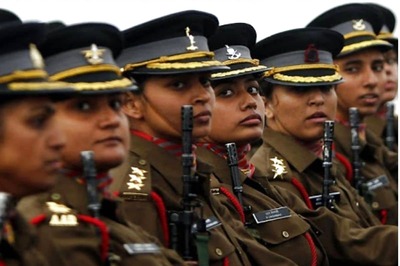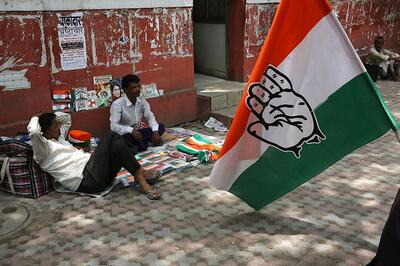
views
The Kerala High Court recently ruled that a Registrar for Births, Deaths, and Marriages can record a divorce obtained through talaq under Muslim personal law without insisting on a court order.
A bench of Justice PV Kunhikrishnan said that a divorced Muslim woman need not be sent to a court of law for recording the talaq if it is otherwise in order as per the personal law.
The order was passed in a plea moved by a Muslim woman whose marriage to her husband was dissolved in 2014 upon his pronouncement of talaq. Following the issuance of a divorce certificate by the Mahal Khazi, the woman approached the Local Registrar of Births, Deaths, and Marriages, the same official who had initially registered her marriage.
She sought to amend the marriage register to reflect the dissolution of her marriage. However, the Registrar declined, citing the absence of provisions in the Kerala Registration of Marriages (Common) Rules, 2008, under which the marriage was originally registered. Consequently, the petitioner approached the high court seeking direction to the registrar to formally record the divorce.
The high court observed a deficiency in the Rules, 2008, as it lacked provisions for registering divorces obtained under personal law. However, the court opined: “If there is the power to register the marriage, the power to record the divorce is also inherent and ancillary to the authority who registers the marriage, if there is a divorce under the personal law.”
“The officer concerned can record the Talaq without insisting on a court order. I think that there is a lacuna in Rule 2008 in this regard. The legislature should think about the same,” court added.
Furthermore, the court highlighted that this gap in the rules would disproportionately affect only divorced Muslim women, not divorced Muslim men. This is because, under personal law, if a Muslim husband declares talaq, he can enter into a new marriage without the necessity of removing the entry in the marriage register maintained under the 2008 Rules. This flexibility arises from the allowance for multiple marriages in certain situations according to his personal law. Yet, the divorced Muslim woman has to wait to remarry until the entry in the 2008 Rules is legally removed through a competent court.
“If a law abiding Muslim couple registered their marriage as per Rule 2008 and subsequently the husband pronounce talaq, can the registration of marriage as per Rule 2008 be a burden to the Muslim women alone? When such discrimination is pointed out, is it not the duty of the constitutional court to step in,” the court asked.
Regarding the matter at hand, the court ordered the Registrar to review the petitioner’s request to register her divorce, after notifying the husband. Upon the husband’s confirmation of the divorce, the Registrar shall make the requisite entry in the Register of Marriage, the court directed.




















Comments
0 comment